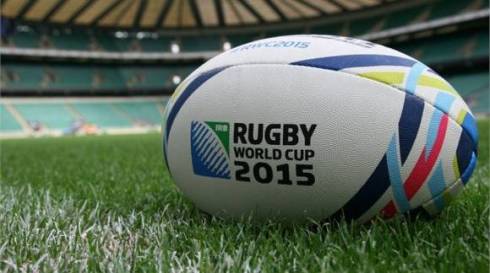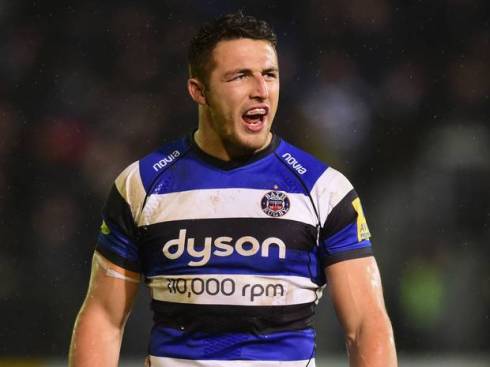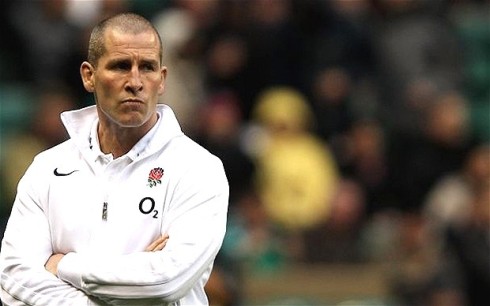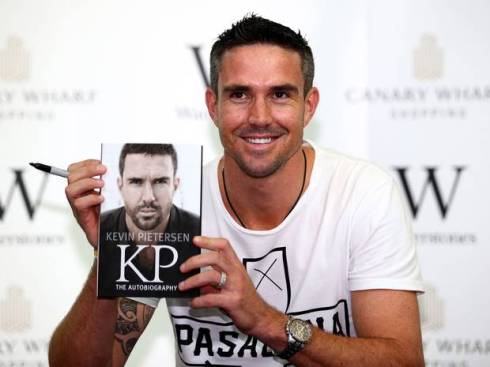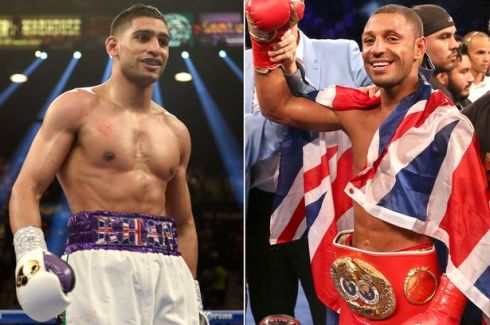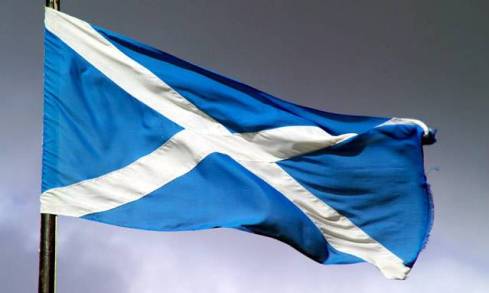 No, seriously. This is a legitimate question which has seemingly been forgotten and almost avoided amongst all the rhetoric about what a ‘Yes’ vote would mean for the pound, UK passports, border controls, military infrastructure, EU membership and bla, bla, bla bla Zzzzzzz….
No, seriously. This is a legitimate question which has seemingly been forgotten and almost avoided amongst all the rhetoric about what a ‘Yes’ vote would mean for the pound, UK passports, border controls, military infrastructure, EU membership and bla, bla, bla bla Zzzzzzz….
(Bad) jokes aside, whilst not being sufficiently well informed enough about the implications of tomorrow’s referendum vote to offer a meaningful opinion on the political and social permutations, there would be a tinge of sadness if Scotland was to break free from the United Kingdom. Especially as a sports addict who has enjoyed – and on a few occasions had to endure – many memorable performances from Scottish sportsmen and sportswomen. Many of those on the BBC, though let’s not get started on that…
Putting the bleeding obvious Mr. Andrew Murray to one side – potentially destined to be called ‘Scotland’s Andy Murray’ in victory AND defeat from now on – in the event of a victory for the ‘Yes’ campaign, what will the British & Irish Lions rugby team call themselves? Will legendary, history-laden golf courses such as St. Andrews, Muirfield and Carnoustie still be permitted to host The Open championship? How would separate Olympic GB and Scotland teams cope without one another? And does this mean that ‘Andy’ could never again win the BBC Sports Personality of the Year award?
Imagine for a second a British sporting history that didn’t include the achievements of Alan Wells, David Wilkie, Gavin Hastings, Sir Chris Hoy, Liz McColgan, Sam Torrance, Sir Ian McGeechan, Stephen Hendry or Duncan Ferguson. OK, maybe not the last one. It would certainly be much the poorer and only time will tell if a victory for Team Salmond will see the British sporting public continuing to watch, enjoy and celebrate Scottish sporting heroes in the same way they did before.
Quite possibly, maybe sport can be one of the few things that unifies the countries on this small island. Let’s just see what Friday morning brings.
Tags: Andy Murray, BBC, British & Irish Lions, British sport, Chris Hoy, Ian McGeechan, Referendum, Salmond, Scotland, Sport, Sports personality of the year, Stephen Hendry, The Open
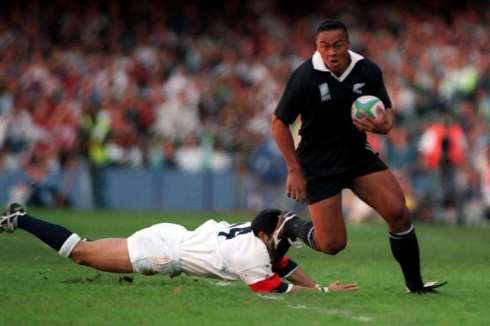 At the mere age of 40, the world sadly said goodbye to the rugby giant – in so many ways – that was Jonah Lomu this week, who unforgettably introduced himself to the rugby and sporting world at the 1995 Rugby World Cup, destroying defences with astonishing displays of pace, balance, acceleration and power. A natural athleticism and physique that set the template for today’s muscle-bound, gym-dwelling, supplement guzzling professionals 20 years later. He’s probably not the greatest rugby or even All Black player ever, but nobody has created such an impact in the sport before or since. RIP Jonah, you’ll never be forgotten.
At the mere age of 40, the world sadly said goodbye to the rugby giant – in so many ways – that was Jonah Lomu this week, who unforgettably introduced himself to the rugby and sporting world at the 1995 Rugby World Cup, destroying defences with astonishing displays of pace, balance, acceleration and power. A natural athleticism and physique that set the template for today’s muscle-bound, gym-dwelling, supplement guzzling professionals 20 years later. He’s probably not the greatest rugby or even All Black player ever, but nobody has created such an impact in the sport before or since. RIP Jonah, you’ll never be forgotten. 